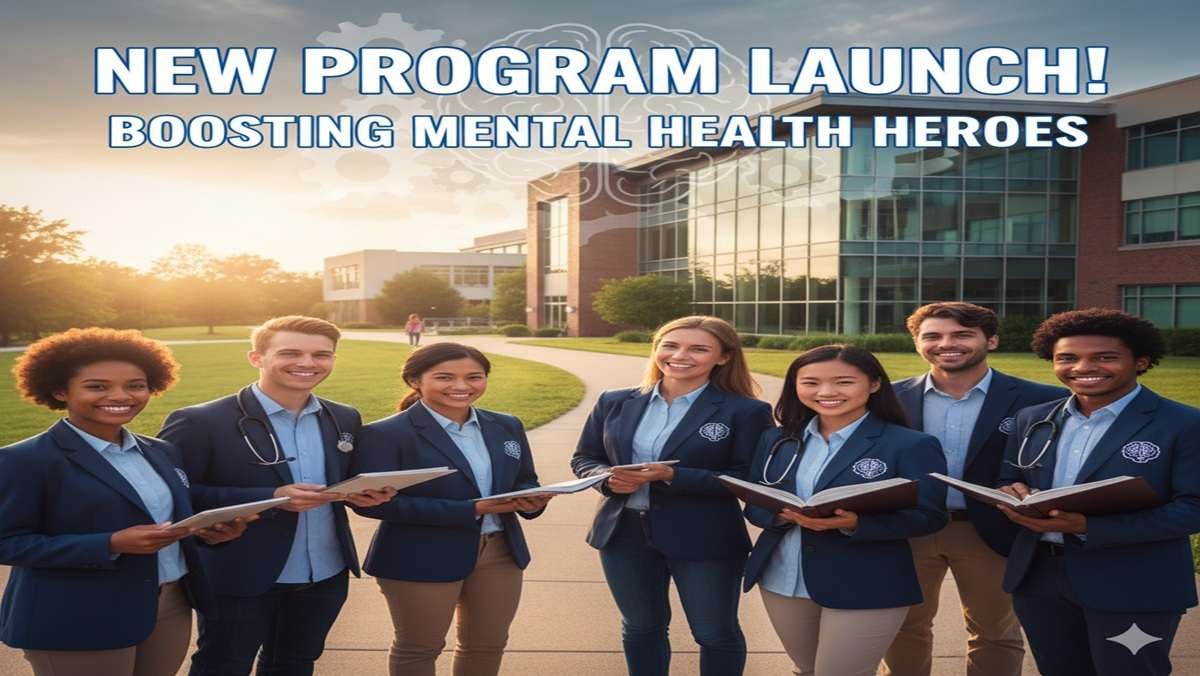
If you’ve ever tried to book an appointment with a mental health professional, you probably know how long the waiting lists can be. Across the U.S.—and even in smaller cities like Gwalior or Thatipur—the demand for mental health care is growing faster than the number of qualified professionals. That’s exactly the problem a new program at Binghamton University’s Decker College of Nursing and Health Sciences is trying to solve.
In fall 2024, Binghamton transitioned its master’s-level nurse practitioner program to the Doctor of Nursing Practice (DNP) level. The goal? To better prepare nurses to become leaders in mental health care and improve access to quality services for patients of all ages. According to faculty member Mi Jin Doe, this move isn’t just about degrees—it’s about impact. “Now, nurse practitioners can be leaders in healthcare, creating policies and advancing systems that truly support patients’ mental well-being,” she explains.
So, what makes this program special? For one, it’s designed for real people with real lives. Some students are working professionals coming back to school to upskill, while others are jumping straight from their bachelor’s degree into advanced studies. Classes are flexible—many are offered online or in hybrid formats—and the program includes hands-on lab and simulation experiences. Students also complete 1,000 clinical hours, giving them the chance to apply classroom learning to real patient situations.
What’s particularly inspiring is the program’s holistic approach. As psychiatric nurse practitioner Glodstein points out, mental health care today isn’t just about diagnosis and medication—it’s about understanding the whole person. Students learn to talk about sleep, nutrition, alcohol, and stress with patients while collaborating closely with other care providers.
Of course, challenges remain. The U.S. Bureau of Labor Statistics predicts a shortage of 80,000 nurses this year alone. Regulations and limited scope-of-practice laws often slow down how much nurse practitioners can contribute. But programs like Decker’s are changing that narrative by empowering more professionals to enter the field with confidence and leadership skills.
As Doe puts it, “Education can create positive changes in mental health services.” And that’s exactly what the world needs right now—programs that don’t just teach theory but prepare students to make meaningful change in people’s lives.
Read Also:
Deepika Padukone Appointed as India’s First Mental Health Ambassador